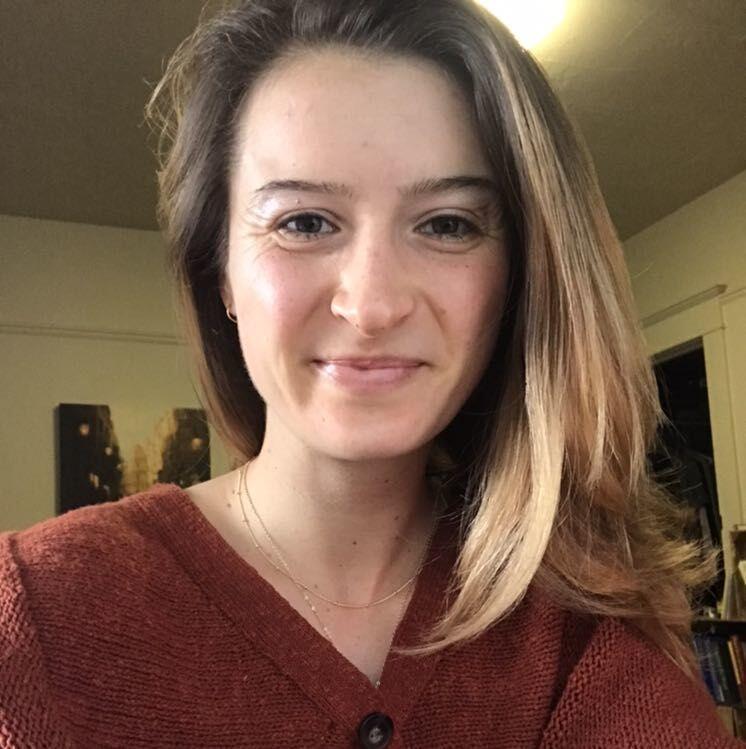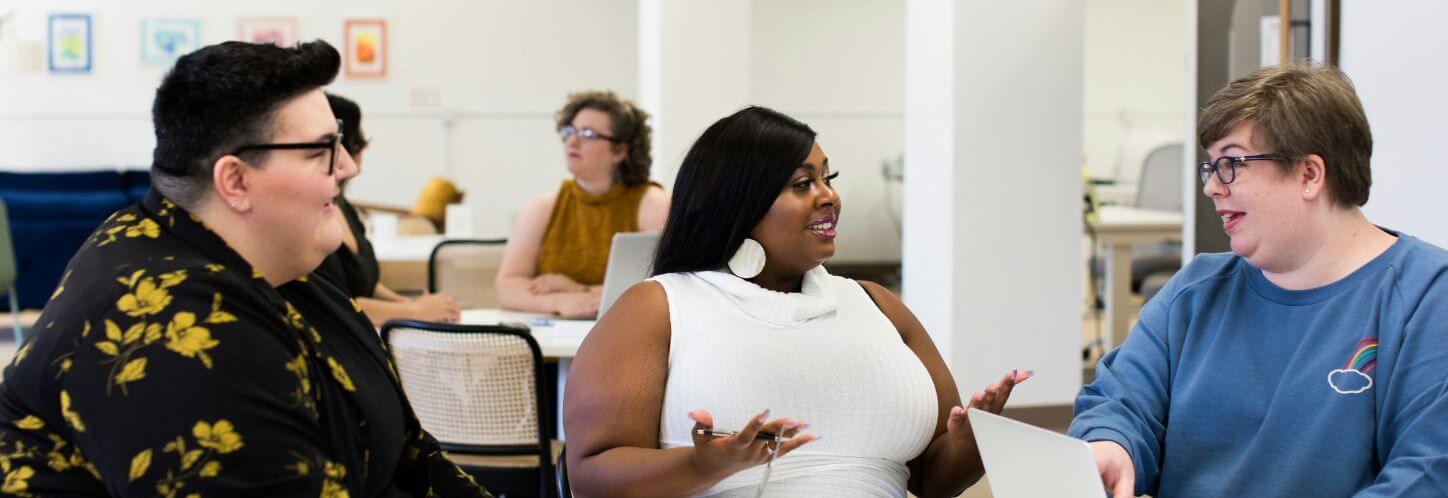Learn How To Cultivate A Positive Body Image



Our relationship with our body can significantly impact the health of our mind and spirit, simultaneously influencing things like our identity, self-worth, and well-being. When left unacknowledged, poor body image can contribute to subconscious behaviors that negatively impact long-term health and the way we connect with others. In the workplace, poor body image can affect our confidence or prevent us from valuing our worth, asking for a raise, taking risks, or speaking up in meetings.
By bringing to light the different aspects and influences of our personal body image, we can begin to free ourselves from patterns that are holding us back from living our lives to the fullest! Let’s learn how.
Sometimes, our body image can begin to form as a young child. Common influences include:
These experiences as a young child tend to get stored in our subconscious mind and influence our thoughts and behaviors as adults. For example, a person, place, or event may trigger a childhood memory and influence us to respond or act a certain way. Consider the following:
Perhaps you’ve noticed that your body image has changed in your adult years. Consider if you find yourself relating to your body in a way you never have before based on factors like social media, influences at work, societal pressure, gym culture, behaviors of those close to you (family members, friends, colleagues), changes to your body that may be age or hormone-related, etc. Interested in gaining more awareness of the origins of your thoughts and behaviors? Try journaling, meditation, or working with a therapist or coach.
Once you have a better sense of your body image, create an environment that will support the relationship you’re working towards with your body, such as:
Finally, consider how much time you spend in your workplace, and ask yourself: is my professional environment supporting or harming my body image? Workplace-specific actions you can take may include:
Acknowledging your body image origin stories and patterns is hard work and often uncomfortable. However, when we endure, we will not only enrich our own lives, but create the potential to positively influence and accommodate those around us.
Connect with TaskHuman Coach Haley Smith and other Coaches to help you create an environment of self-love and support.